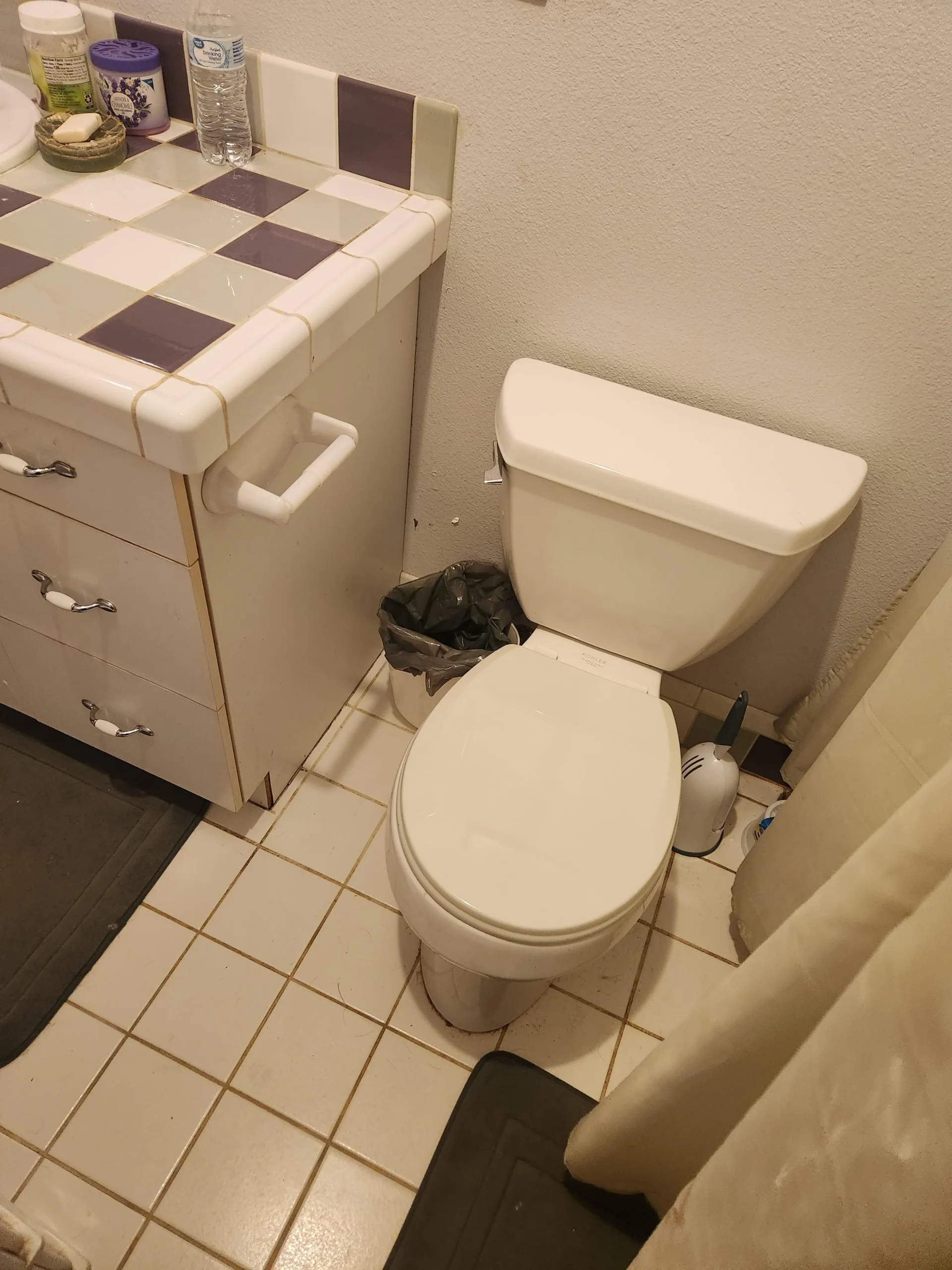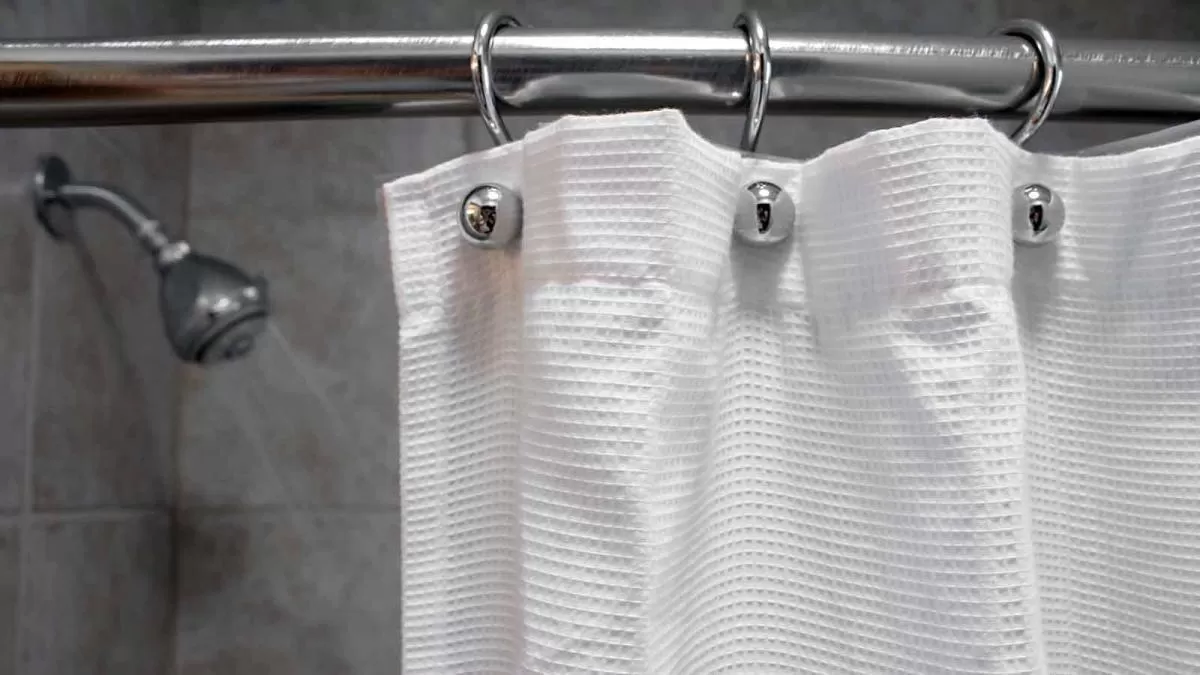We (my husband and i) had gross spiders in our house for a few years, until we figured out where they were coming from.
It turns out that there were holes cut in the plywood subfloor, our basements, crawl spaces, under the furniture, wall voids and cracks.
It wasn’t enough to know where you could actually find them, instead we figured out ways to get rid of them.
The few tips we compiled are what I’ll be sharing in this article below. Stay tuned!
1. Precautionary Measures
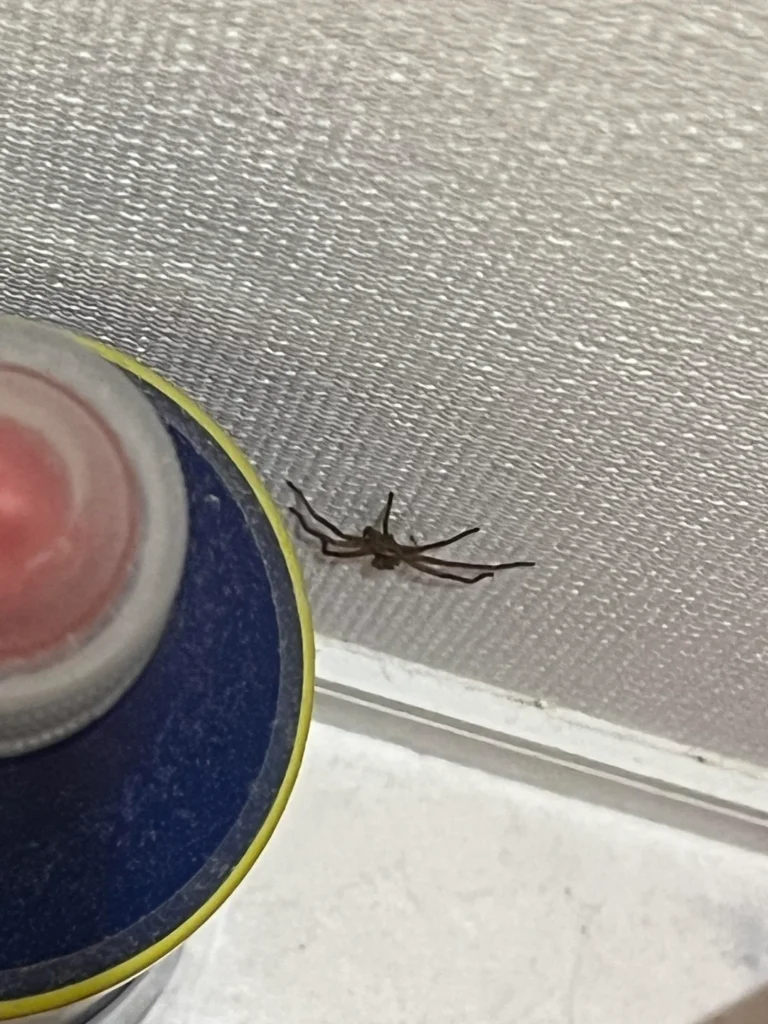
When it comes to keeping spiders out of my house, taking precautionary measures was a key decision.
Here are some simple things you can do to prevent spiders from entering your living space.
Seal Entry Points
First, you’ll need to inspect your home for any potential entry points that spiders can use to get inside.
This includes gaps around windows and doors, cracks in walls, or holes in screens. By sealing these entry points with caulk or weather stripping, you can make it harder for spiders to find a way in.
Remove Clutter
Clutter provides hiding spots for spiders, so I usually make sure to declutter my living space regularly.
When things are neat and organized, It’s easier to eliminate hiding spots for spiders and reduce the chances of them setting up camp in my home.
Outdoor Maintenance
You should focus on outdoor maintenance as well. Trim the back vegetation, such as bushes and trees, that are close to your house since spiders can use them as pathways to get inside.
Additionally, keep outdoor lighting to a minimum as lights attract insects, and this includes spiders.
2. Natural Repellents
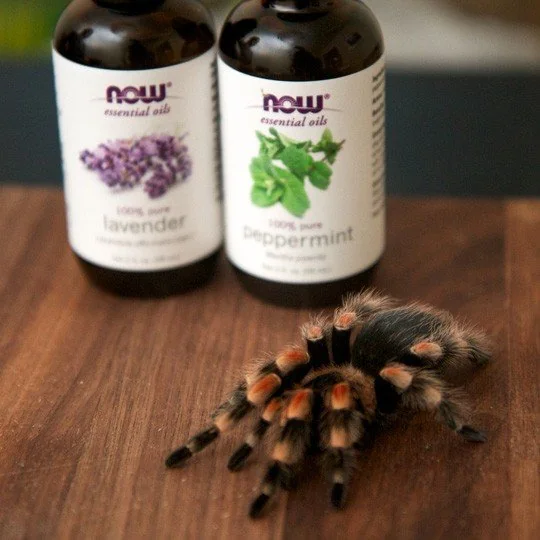
When looking for natural ways to deter spiders from entering my living space, one of the few effective and natural options that I use are natural repellents.
Here are some natural repellents that can help keep spiders at bay:
Essential Oils
I’ve discovered that spiders dislike certain scents, making essential oils a great natural repellent.
Oils like peppermint, tea tree, and lavender are known for their spider-repelling properties.
So mix a few drops of these oils with water in a spray bottle and spritz around entry points, windows, and other spider-prone areas in my home.
Vinegar Solution
Vinegar is a versatile solution that not only helps in cleaning but also acts as a spider repellent.
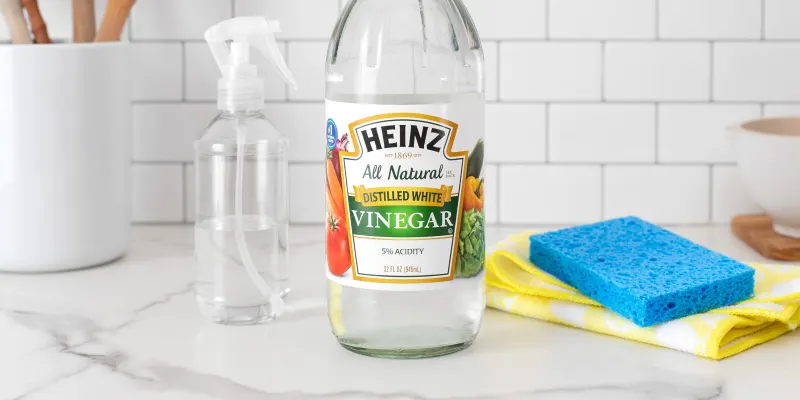
You need to mix equal parts of water and white vinegar to create a solution to spray along baseboards, corners, and cracks where spiders may enter.
The strong scent of vinegar is what deter spiders and keep them away from my house.
Citrus Peels
Citrus peels can also serve as a natural spider repellent. Spiders are known to dislike the smell of citrus fruits like lemons, oranges, and grapefruits.
I place citrus peels in areas where spiders are likely to enter, such as near windows, doors, or in dark corners, to discourage them from coming inside.
Natural repellents can easily be gotten and without the use of harmful chemicals, it creates a spider-free environment using simple and eco-friendly solutions.
3. Cleaning Practices
Vacuum Regularly
One thing i do is to always make sure to vacuum my house regularly, especially in corners, under furniture, and along baseboards.
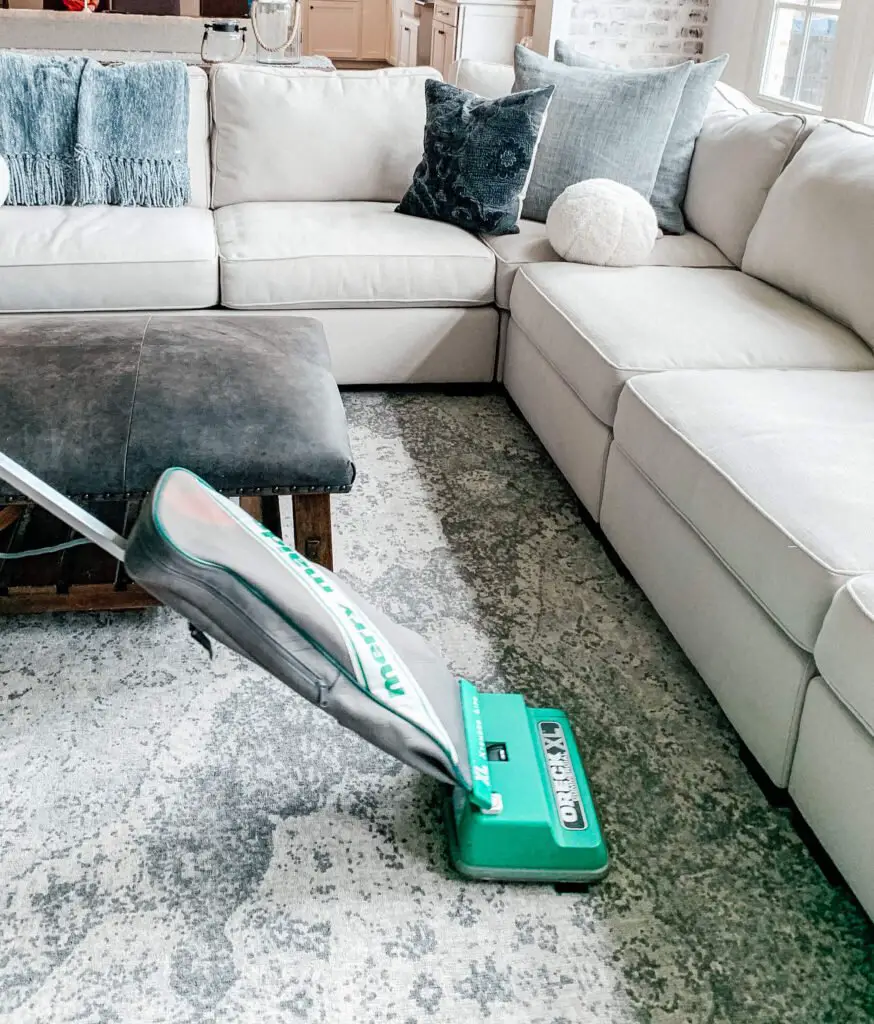
Spiders love hiding in these dark and undisturbed areas, so keeping them clean and free of dust and debris helps prevent spiders from making themselves at home.
Dusting
Dusting may seem like a mundane task, but it’s a fantastic way to keep spiders at bay.
I recommend dusting shelves, ceiling corners, and light fixtures frequently to eliminate cobwebs and eggs.
4. Chemical Solutions
When it comes to keeping spiders at bay, some chemical solutions can be useful. Here are a few options you might consider:
Spider Repellent Sprays
I always keep a spider repellent spray handy. It’s an easy-to-use solution that creates a barrier to deter spiders indoors and outdoors.
Look for sprays with ingredients like pyrethroids or essential oils such as peppermint or citrus, known for repelling spiders effectively.
Make sure to follow the instructions on the product label for safe and proper usage.
5. Using Diatomaceous Earth
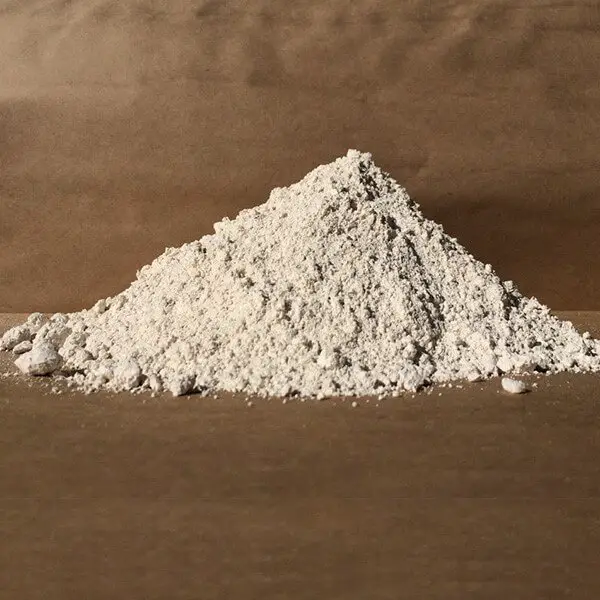
First, identify spider activity areas such as corners, ceilings, and windowsills. Then, using food-grade diatomaceous earth, lightly dust these areas where spiders are present.
Next, reapply the diatomaceous earth regularly to maintain a barrier against spiders.
Be cautious around pets and children when applying the diatomaceous earth, and ensure it stays dry for maximum effectiveness.
Finally, consider combining diatomaceous earth with other control methods for best results, such as regular cleaning and sealing entry points.
What do you think about this?
